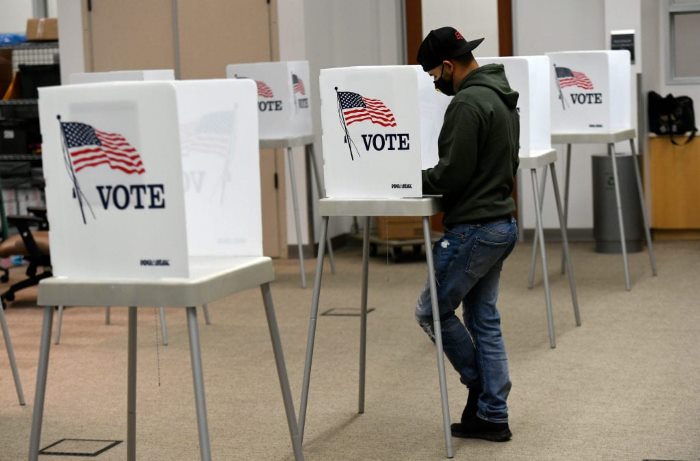U.S.
Colorado voters urge Supreme Court to prevent Trump from resuming office
The Supreme Court is now at the forefront of a groundbreaking legal move, as a coalition of Colorado voters has formally appealed, seeking the exclusion of Donald Trump from the state’s primary ballot. Their impassioned plea centers on Trump’s alleged role as the mastermind behind the Capitol attack on January 6, 2021. They argue that such actions make him ineligible for a return to the White House.
Constitutional Conundrum
Set for deliberation on February 8, the case thrusts an unusual post-Civil War Constitutional provision, found in Section 3 of the 14th Amendment, into the spotlight. Initially designed to prevent Confederate leaders from reclaiming power, this provision’s potential disqualification of Trump becomes a pivotal issue shaping the 2024 election landscape, where Trump eyes the Republican nomination for the third consecutive cycle.
“Section 3 of the 14th Amendment, in spotlight February 8, may disqualify Trump, shaping 2024 election,” according to Bloomberg.
State-by-State Ripples
The legal ripple extends beyond Colorado, as similar efforts in other states seek to bar Trump from election ballots. Maine’s secretary of state has mirrored Colorado’s stance, but implementation remains on hold pending legal battles. Trump’s name is currently slated for the March 5 primaries in both Colorado and Maine.
Expedited Legal Drama
With primary voting underway, the Supreme Court has expedited the case for oral argument next month. Trump, fresh from victories in the New Hampshire GOP primary and Iowa’s caucuses, navigates this legal maze with an eye on the political arena.
Insurrection or Political Maneuvering?
At the heart of the legal wrangling lies the question of whether Trump’s actions on January 6 amount to insurrection. Trump’s legal team contends that his call for a “peaceful and patriotic protest” shields him from disqualification. They present alternatives for keeping him on the ballot, arguing that Section 3 doesn’t apply to the presidency, he didn’t take the required oath, and only Congress, not the courts, can enforce Section 3.
Legal Chess Match
In response, the voters’ attorneys counter, asserting that the provision does apply to the presidency. They emphasize the states’ authority to disqualify candidates without congressional intervention. This underscores the importance of promptly determining Trump’s eligibility before the election to prevent potential disenfranchisement and constitutional crises. The nation awaits the Supreme Court’s decision, cognizant of its potential to reshape the electoral landscape in 2024.
“The voters’ attorneys argue that the provision applies to the presidency, highlighting states’ authority. Critical decision awaits,” said Barron’s.

